detail profile paul escoffier
Peran Yang Di Mainkan Paul Escoffier
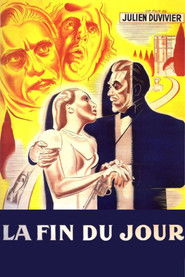 Aged penniless actors are living in...
Aged penniless actors are living in...The End of the Day 1939
Aged penniless actors are living in a old people's home. They always talk about their past glory or failures. One day Raphael Saint-Clair comes; he has been a famous actor and had a lot of love affairs. Passions come back, and jealousies... A bitter film about aging, failure and the entertainment.
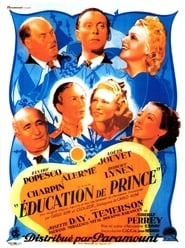 Prince Sacha studies in Paris and...
Prince Sacha studies in Paris and...Bargekeepers Daughter 1938
Prince Sacha studies in Paris and cares more for Marianne than about Silistrie, the country his family was exiled from. But Chautard, a French financier, who has business there (the country is rich in oil), wouldn't mind a little political stability. So why not restore the ancient royal family to the throne? But is Prince Sacha up to his role ? And will Marianne make a suitable princess?
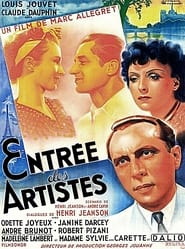 1938 France Paris at the Superior Conservatory...
1938 France Paris at the Superior Conservatory...The Curtain Rises 1938
1938, France, Paris, at the Superior Conservatory of Dramatic Art ("Conservatoire Supérieur d'Art Dramatique"). The first-year entrance exams are in full swing. Many applicants, few accepted. Isabelle (Janine Darcey) is one of the few chosen. She joins former students from the second and third years, including François (Claude Dauphin) and Cécilia (Odette Joyeux). They attend the drama class run by Professor Lambertin (Louis Jouvet). The young people, passionate and eager to become comedians, clash in tumultuous love affairs, because by dint of acting, they imagine that life is a farce. François, for example, is in love with Isabelle, who also loves him, but is pursued by Cecilia, his former mistress... "Put art in your life and life in your art!"
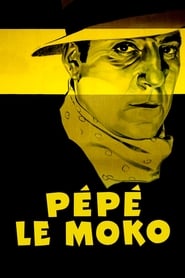 Pp le Moko one of Frances...
Pp le Moko one of Frances...Pépé le Moko 1937
Pépé le Moko, one of France's most wanted criminals, hides out in the Casbah section of Algiers. He knows police will be waiting for him if he tries to leave the city. When Pépé meets Gaby, a gorgeous woman from Paris who is lost in the Casbah, he falls for her.
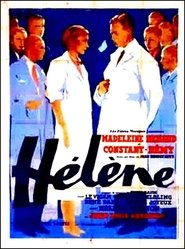 Helene is based on Helene Wilfur...
Helene is based on Helene Wilfur...Hélène 1936
Helene is based on Helene Wilfur, a novel by Vicki (Grand Hotel) Baum. Madeleine Renaud essays the title role, a young medical student in love with aspiring musician Pierre Regnier (Jean-Lous Barrault). Pierre's father, a noted surgeon, puts pressure on his son to give up music in favor of medicine. Unable to withstand his father's remonstrations, Pierre kills himself, prompting the grieving Madeleine to forget all about romance and dedicate her life to the cause of healing others. Wilfur avoids the usual soap-opera goo by offering realistic performances and credible dialogue (the English-language subtitles were composed by erudite film critic Herman G. Weinberg).
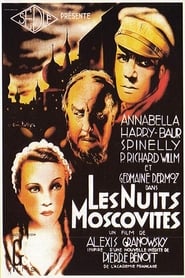 During the First World War the...
During the First World War the...Moscow Nights 1934
During the First World War, the Russian officer Captain Ivan Ignatoff falls in love with his nurse, Natasha Kovrin. But she is subject to an upcoming marriage of family convenience to Brioukow, a wealthy industrialist of peasant stock. Brioukow is unjustifiably jealous, since Natasha has not betrayed him. He forces Ignatoff into his debt as a means of humiliating him. When Ignatoff's new friend, Madame Sabline, offers to pay his debt, preventing his ruin, Ignatoff comes quickly to realize that Madame Sabline has an ulterior motive, one that could prove dangerous to more lives than just Ignatoff's.
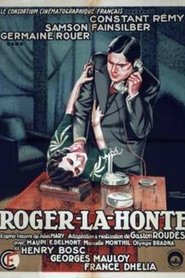 1871 Roger Laroque accuses himself of a...
1871 Roger Laroque accuses himself of a...Roger la Honte 1933
1871. Roger Laroque accuses himself of a crime he did not commit to save his mistress, Julia de Noirville, from dishonor. He escapes from prison and is considered dead for fourteen years. Then he returns in the guise of a rich American in order to unmask the real murderer.
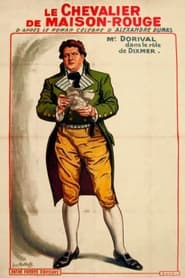 The scene takes place in Paris...
The scene takes place in Paris...The Reign of Terror 1914
The scene takes place in Paris in March 1793 during the Reign of Terror. The Knight of Maison-Rouge, posing as Citizen Morand, is organizing the escape of Queen Marie-Antoinette. He is assisted in his undertaking by Dixmer, a master tanner who passes himself off as an ardent revolutionary and his wife Geneviève, who also happens to be the Knight's sister. While on mission with her brother, she is saved from arrest thanks to the intervention of Lieutenant Maurice Lindey. Geneviève, who is married without love to Dixmer, falls for the young man, who requites her love. A tunnel is dug between a house rented by Dixmer and the Tower of the Temple but the various attempts to rescue the queen attempts fail. Marie-Antoinette risks the guillotine/ Moreover, Lindey finds himself involved in the plot...
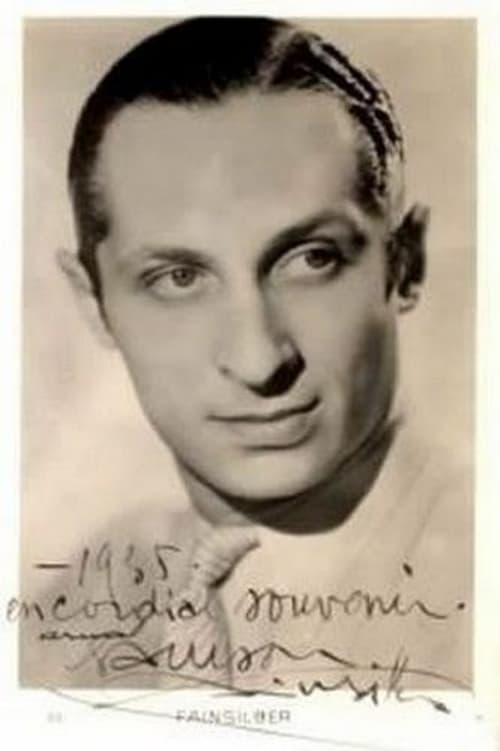
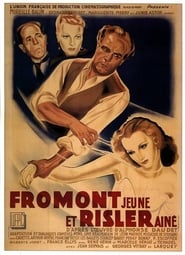 An ambitious and perverse adventurer sows...
An ambitious and perverse adventurer sows...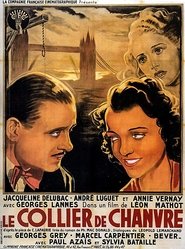 In England a boxer is sentenced...
In England a boxer is sentenced...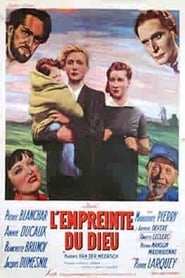 Considering his wife as his property...
Considering his wife as his property...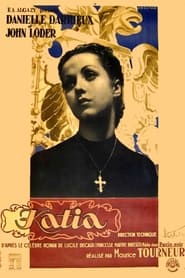 In the middle of the 19th...
In the middle of the 19th...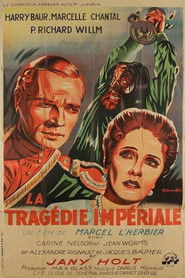 Story of the Siberian monk Gregory...
Story of the Siberian monk Gregory...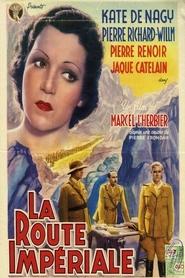 An indigenous uprising in British controlled...
An indigenous uprising in British controlled...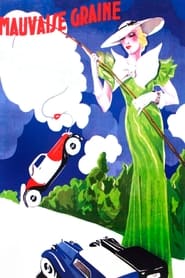 A young manaboutParis cut off from...
A young manaboutParis cut off from... Based on Emile Zolas novel an...
Based on Emile Zolas novel an...